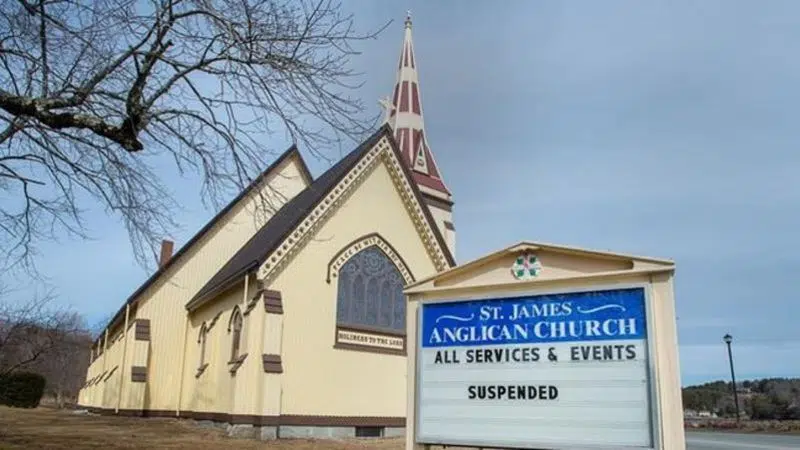
Clergy move prayers, services online to support congregations amid pandemic
ST. JOHN’S, N.L. — Clergy across Canada are moving services to the digital world as they adapt to support their congregations amid the global COVID-19 pandemic that has seen governments restrict large gatherings.
Religious leaders say the unprecedented situation has forced them to seek creative alternatives to community-based worship at a time when people are anxious and in need of spiritual support.
Directing people to livestreamed services and prayers has been relatively simple for some.
Pastor Mike Miller, who preaches to a 400-strong congregation at Halifax’s Nova Church, had already been posting audio podcasts of Sunday services to his church’s website. Recent restrictions from health officials nudged his church towards finalizing a video livestream option that had been in the works.
